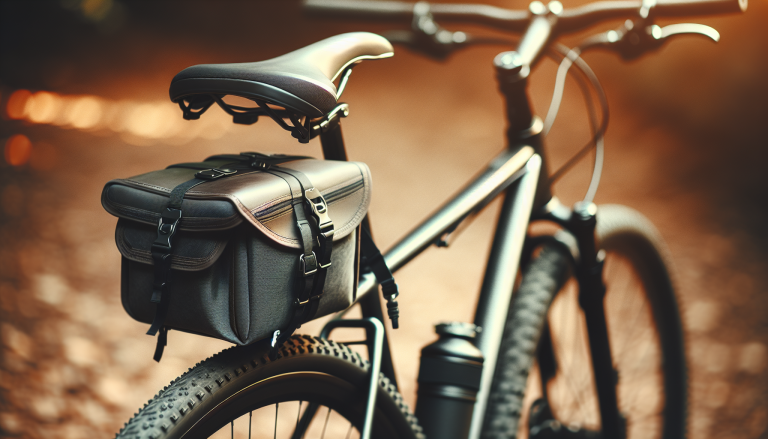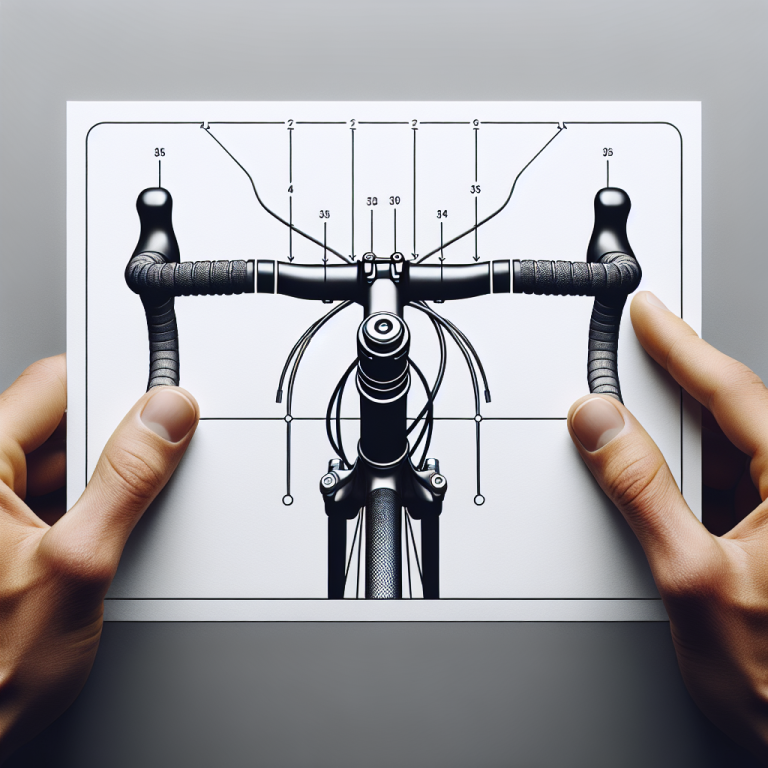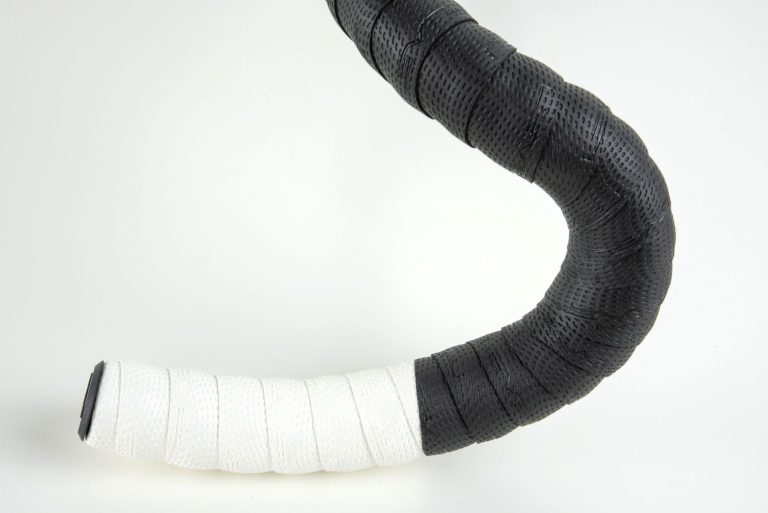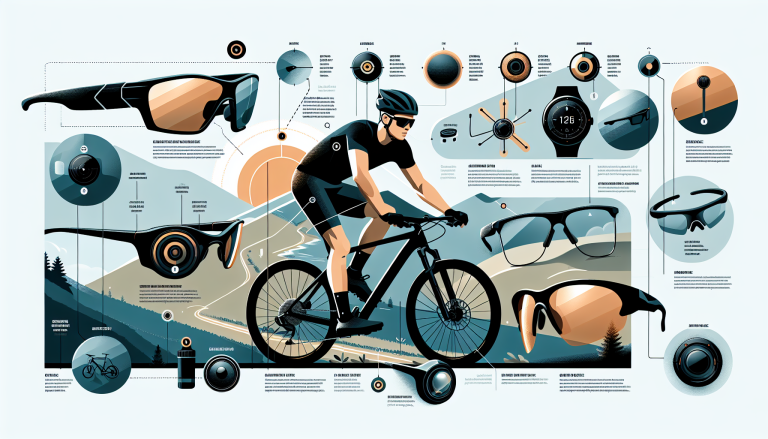Ready to ditch the traffic and start cycling to work? Commuting can be a breeze when you find the perfect bike that suits your needs. Whether you prefer the speed and agility of a road bike, the versatility of a hybrid, or the ease of a folding bike, there’s a wide range of options to choose from. So, hop on as we explore the best type of bike for your daily commute and make your journey more enjoyable than ever before.
Table of Contents
ToggleFactors to Consider
Purpose of the Bike
When choosing a bike for your commute, it is important to consider the purpose of the bike. Are you mainly planning to use it for commuting to work or school? Will you be using it for recreational purposes as well? Thinking about how you will primarily use the bike will help you determine which type of bike is best suited for your needs.
Distance of Your Commute
The distance of your commute is another factor to consider. If you have a long commute, you may want to consider a bike that is designed for speed and efficiency, such as a road bike. On the other hand, if you have a shorter commute, a more versatile bike like a hybrid or folding bike might be a better option.
Terrain
The terrain you’ll be riding on is also an important consideration. If you live in a hilly area or plan to ride on rough terrain, a mountain bike with rugged tires and suspension might be the best choice. However, if your commute is mainly on flat, paved roads, a road bike or hybrid bike would be more suitable.
Weather Conditions
Considering the weather conditions in your area is crucial when choosing a bike for commuting. If you often have to ride in the rain, you may want to invest in a bike with fenders and good traction tires to ensure stability and safety. Alternatively, if you live in a particularly hot or cold climate, an electric bike may be a wise choice to make your commute more comfortable.
Safety Features
Safety should always be a top priority when selecting a bike for commuting. Look for bikes with features such as reflective strips, lights, and disc brakes, which can enhance your visibility and help you stay safe on the road. Additionally, consider investing in a helmet and other safety accessories to further protect yourself during your commutes.
Budget
Finally, it’s essential to determine your budget for purchasing a bike. Bikes can range significantly in price, so it’s important to set a budget that you are comfortable with. Consider not only the initial cost of the bike but also any additional accessories or maintenance expenses. Determining your budget will help narrow down your options and ensure you find a bike that fits within your financial means.
Types of Bikes
Road Bikes
Road bikes are designed for speed and efficiency on paved roads. They feature lightweight frames, narrow tires, and dropped handlebars that allow for an aerodynamic riding position. Road bikes can be an excellent choice for commuting if you have a long, mostly flat ride and prioritize speed. However, they might not be the best option if you have a bumpy or uneven commute due to their lack of suspension.
Mountain Bikes
If your commute involves off-road sections or rough terrain, a mountain bike would be a great option. These bikes have sturdy frames, wide tires with deep treads, and suspension systems to absorb shocks and bumps. While mountain bikes are incredibly durable and versatile, they tend to be heavier and slower on paved roads compared to other bike types.
Hybrid Bikes
Hybrid bikes are designed to offer the best of both worlds. They generally feature a combination of road and mountain bike features, making them suitable for a wide range of commuting conditions. Hybrid bikes typically have wider tires for stability, a more upright riding position for comfort, and a lightweight frame for efficiency. This versatility makes them a popular choice for commuters who encounter a mix of paved and unpaved surfaces.
Folding Bikes
For commuters who need a bike that can easily be stored or carried, folding bikes are an excellent option. These bikes feature a folding frame that allows them to be compacted into a smaller size, making them easy to transport on public transportation or store in small living spaces. While folding bikes may not offer the same speed or agility as other bike types, they make up for it with their convenience and portability.
Electric Bikes
Electric bikes, also known as e-bikes, are gaining popularity among commuters. These bikes are equipped with an electric motor that provides assistance while pedaling, making your commute less physically demanding. Electric bikes are a suitable option for those who have longer or hilly commutes and want to arrive at their destination feeling less tired. However, it’s important to note that e-bikes can be more expensive and may require periodic battery charging.
Choosing the Right Bike
Test Riding
Once you have narrowed down your options and identified the type of bike that suits your needs, it is crucial to test ride the bike before making a purchase. Testing a bike will give you a feel for its comfort, handling, and overall fit. Make sure to ride the bike on different terrains if possible to evaluate its performance in various conditions. You may also want to assess its braking and shifting mechanisms to ensure they are smooth and responsive.
Getting Expert Advice
If you’re unsure about which bike to choose or have specific questions, seeking expert advice can be highly beneficial. Visit a local bike shop and talk to the knowledgeable staff who can provide guidance based on your needs and preferences. They can help you find a bike that fits your budget and recommend any necessary accessories or maintenance services.
Considering Maintenance and Repairs
Before finalizing your decision, consider the maintenance and repair requirements of your chosen bike. Some bikes may require more frequent maintenance or specialized tools for repairs. If you prefer a low-maintenance option, look for bikes with features like internal gear hubs or belt drives, which can reduce the need for regular adjustments. It’s also worth checking if there are reputable bike repair shops nearby that can assist you in case of any issues.
Accessories
To enhance your commuting experience, consider investing in accessories that can make your journey more comfortable and convenient. Some essential accessories include a helmet for safety, a sturdy lock to secure your bike, a water bottle holder, and a rear rack or panniers for carrying your belongings. Additionally, you may want to consider adding fenders, lights, and reflective gear to improve visibility and ensure your safety on the road.
Conclusion
Choosing the right bike for your commute can greatly improve your overall experience and make traveling to work or school more enjoyable. By considering factors such as the purpose of the bike, distance of your commute, terrain, weather conditions, safety features, and budget, you can narrow down your options and find a bike that suits your specific needs. Whether you opt for a road bike, mountain bike, hybrid bike, folding bike, or electric bike, conducting thorough research, test riding, and seeking expert advice will help you make an informed decision. Remember to also consider maintenance and repair requirements, as well as invest in essential accessories to ensure a safe and convenient commuting experience.








